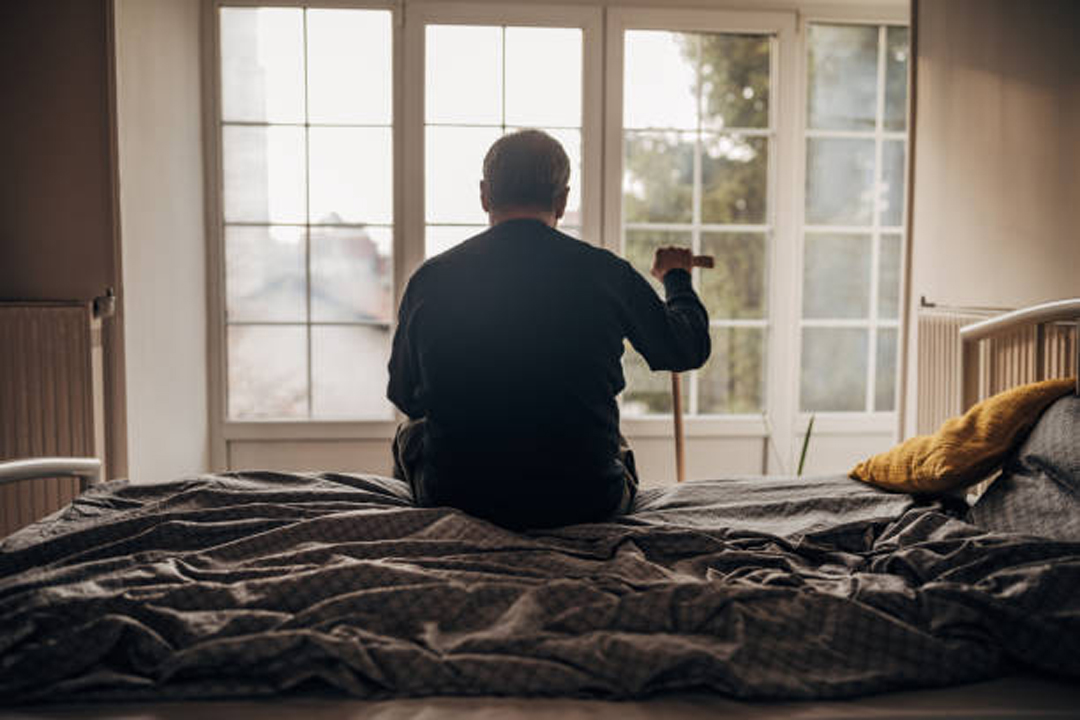
Nursing home neglect and abuse are often underreported issues, and sepsis is just one of the many health complications that can arise from poor care. Leaving your loved one in the care of a nursing home should bring peace of mind, but unfortunately that’s not always the case.
It is imperative to take action if you suspect that your loved one has experienced neglect or abuse in a nursing home. There are compelling reasons for you to contemplate pursuing legal recourse if a family member has been affected by sepsis in a nursing home.
What is Sepsis?
There is a severe medical condition called sepsis that develops when an infection disseminates throughout the body. Nursing homes have, unfortunately, become hotspots for this deadly illness due to weakened immune systems and close contact among residents.
Symptoms of sepsis may consist of feverishness, chills, unusual breathing patterns or heartbeat palpitations, disorientation and confusion in addition to low blood pressure and heightened white blood cell count. Organ failure leading to death becomes an unavoidable consequence if healthcare professionals don’t intervene quickly as the situation can rapidly worsen.
The best way to prevent sepsis in nursing homes is for staff to be vigilant about monitoring residents for signs of infection and taking steps to reduce the potential spread of infectious agents. This includes ensuring good hygiene practices are followed by everyone in the facility, as well as regularly cleaning shared surfaces with appropriate disinfectants. In addition, it’s important for nurses to take any temperature changes seriously and promptly treat any infections that occur.
Neglect and Abuse in Nursing Homes
Regrettably, nursing home neglect and abuse are widespread problems. Signs indicating neglect or abuse may involve injuries without explanation, inadequate nutrition or hydration, unsatisfactory hygiene standards in the facility, loneliness caused by lack of social interaction and abrupt alterations in overall health or behavior.
Inadequate care and mistreatment in nursing homes can lead to the onset of sepsis, as infections may not be recognized or treated promptly. If you suspect your loved one has developed sepsis due to neglect or abuse at a nursing home, filing legal action might be necessary. This course of action could hold the facility accountable for their actions and guarantee that other residents are not exposed to similar risks resulting from negligence or abusive behavior.
When to Involve a Lawyer
If you believe your loved one has suffered from nursing home sepsis caused by neglect or abuse, it’s essential to speak with an attorney as soon as possible. An experienced lawyer can help you understand your legal options and determine the most effective strategy for seeking justice on behalf of your loved one.
It is best to work with specialists for a nursing home sepsis lawsuit, as these cases can be complex and require a thorough understanding of both medical malpractice and nursing home neglect laws. Nursing home residents are at a significantly higher risk of developing sepsis, and if left untreated it can lead to death.
Difference Between Medical Malpractice and Neglect
Distinguishing between medical malpractice and neglect is crucial when contemplating a lawsuit for your loved one. A situation qualifies as medical malpractice if the healthcare provider fails to meet their professional standards of care, causing injury or harm to the patient.
On the other hand, nursing home neglect occurs when a caregiver or facility fails to provide adequate care and meet the basic needs of their residents, resulting in harm or injury. Both situations can lead to sepsis and other adverse health outcomes. A good legal team can help you determine which type of action to pursue based on the specific circumstances of your case.
Conclusion
It’s important to pay close attention to the health and welfare of a family member being cared for in a nursing home, as neglect and mistreatment occur frequently in these facilities. Neglect or abuse can cause severe health complications such as sepsis. If you suspect your loved one has developed sepsis due to negligence or abuse, it is crucial that legal action be taken immediately. Taking legal steps against an abusive or negligent nursing home not only holds them accountable but also helps deter comparable situations from happening again in the future.
You owe it to your loved one to provide them with the best possible care, and this includes protecting them from neglect or abuse while residing in a nursing home. To ensure that justice is served on their behalf, you should consider seeking out an experienced attorney who can help give voice to those who may have suffered in silence. Don’t let these injustices go unnoticed; take charge today and fight back against nursing home mistreatment!

